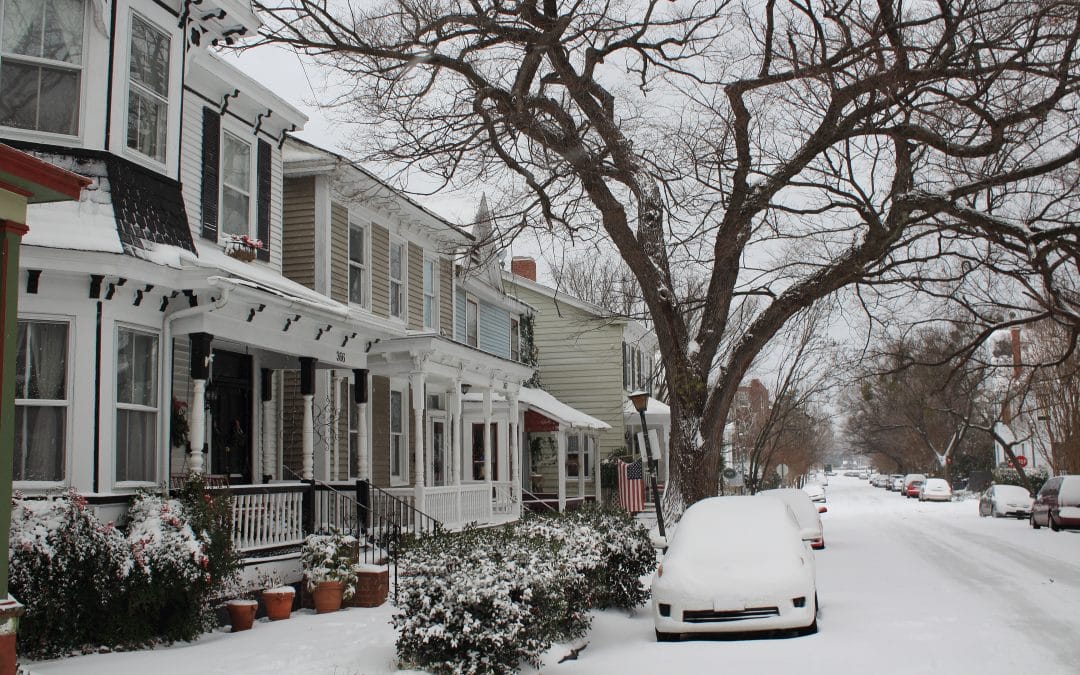If you have recently come to Ohio, perhaps to attend Ohio University, you might be wondering how you can prepare for winter here. The extreme cold is something that people from different climates have struggled to acclimate to, and it can be challenging to make sure that you are prepared to continue with your normal routine if you are used to warmer weather.
However, as long as you are happy to change your basic wardrobe and adopt some simple habits, you should have no problem preparing for your first Ohio winter. Let’s take a look at some of the most important ways to get ready.
1. Winterize Your Car
If you have a vehicle, you need to make sure that you properly winterize it so that it is safe for you to operate during the colder months. Winterizing it will give it a better chance of surviving freezing conditions. There are many things to keep in mind if you are going to winterize your car.
First of all, check the battery by having a mechanic perform a battery load test. Then, refill your wiper fluid and change the wiper blades if necessary. You might also want to get snow tires fitted by a professional, or keep chains for your tires in your car. Finally, ensure you have enough antifreeze in the proper container under the hood.
2. Acquire Outdoor Snow Supplies
There are a whole range of snow supplies that you should look into getting before winter sets in. If you have never lived in a snowy or cold climate before, you might be surprised at how many outdoor snow supplies there are to make life in the snow a little easier.
You will certainly want to get an ice scraper for your car, if you have a car. That way, you can scrape the snow and ice off the windshield before driving. You’ll want some salt and a shovel to clear your driveway and sidewalks of ice and snow to avoid slipping and to ensure you can get in and out of your home. Don’t forget that snow can be a lot of fun, so grab a sled and some snow toys that will help you enjoy this new experience .
3. Outfit Yourself for Winter
Arguably the single most important thing you need to do in order to prepare for winter is to dress appropriately. That means you have to get clothes that you can wear in the extreme cold. It is especially important to find clothes that are specifically made for the snow and frosty conditions, as these are so much more effective at protecting you than clothes that seem like they might keep you warm but aren’t made for a harsh winter.
You need waterproof shoes and snow boots, heavy jackets, snow gloves and scarves, and potentially thermals. You should also use this opportunity to get yourself a range of warm sweaters, thick socks, and beanies.
4. Prepare for Winter Power Outages
Those who know Ohio winters know that power outages are not uncommon in the cold months. In many parts of the state, this is simply a normal part of the winter. But if you haven’t experienced power outages before, you might not be expecting it to happen. In the moment, you might struggle to know how to deal with the situation.
When you begin to prepare for winter outages, you need to bear in mind that if the power goes out, the heat might very well go out, too. As such, you should own plenty of extra warm blankets and clothes to pile on if necessary. If possible, you should also find a non-electric heat source that you can use. Finally, make sure you have a flashlight, candles, and plenty of food and water on hand.
5. Allow Extra Time
When you are going to class, work, or anywhere else, you need to make sure that you are allowing plenty of extra time. It doesn’t matter if you walk, take your bike, or go on public transport; it all takes much longer than you would expect in the snow and ice compared to the conditions you might be used to. You will particularly need to be aware of this if you need to get to class on time and you live in off-campus housing near Ohio University, or even farther away.
6. Know Your Weather Warnings
You need to become familiar with the many different kinds of weather warnings so you can start to prepare in case one should be given in your area. The main kinds to watch out for are advisories, watches, and warnings.
An advisory means there is snow or ice, but nothing extreme to watch out for. A watch is the potential for significant weather, including up to 6 inches of snow on the ground. And a warning means that a significant event is due in the following 24 hours.
There is much more to know about living in cold conditions and how to prepare for winter, but this should be a great starting point. If you take these six pieces of advice, the rest should come along naturally.



